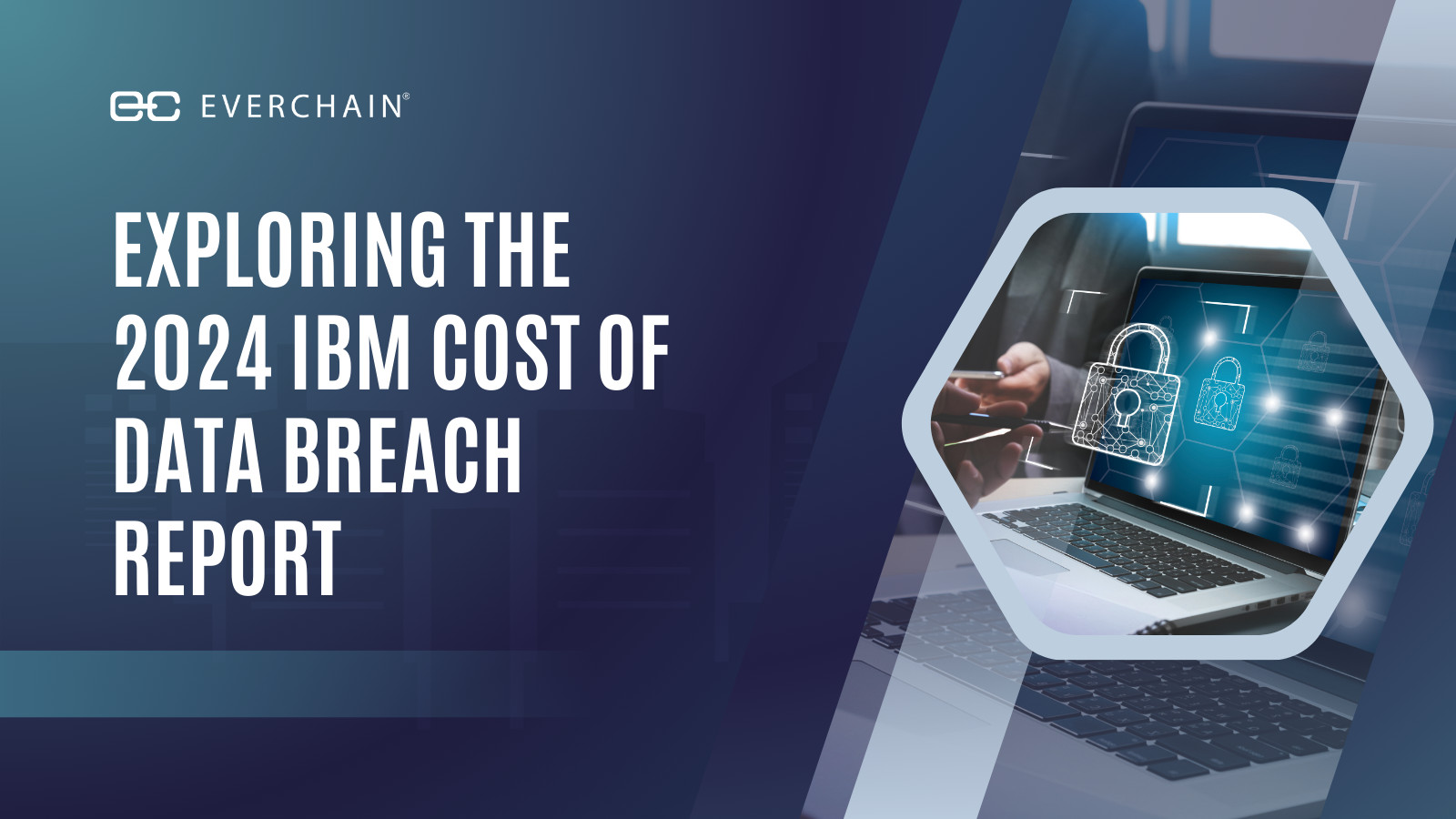Rising costs in the bond market prompted at least one consumer lender to cancel a new financing in recent weeks: Affirm, which specializes in “buy-now-pay-later” loans for online purchases, pulled a $500 million bond backed by the loans in March after a large investor demanded a higher interest rate on the deal, according to a hedge fund manager. “We made the decision to hold off on issuing the refinancing transaction given the extreme pricing volatility due to heightened macro uncertainty,” a spokesman for Affirm said. The company has alternative funding options such as bank loans and loan-sale agreements, he Shares of Affirm and competitor Upstart have each lost about 75% since November when late payments started to rise, according to FactSet. Short interest as a percentage of shares outstanding has tripled for Upstart to about 15% and almost doubled for Affirm to 6%, according to data from S&P Capital IQ. A spokesman for Upstart declined to comment. Upstart Chief Financial Officer Sanjay Datta said on a call with analysts in February that the company isn’t expecting meaningful problems from rising defaults.
Persistent inflation and the end of pandemic-era federal aid are some of the reasons investors are bracing for more distress among household borrowers. In a sign of those challenges, some consumers have been cutting back on buying food staples and household. Late payments for several types of securitized consumer debt are on the rise. In February, the share of subprime auto loans that were more than 60 days delinquent was 4.77%, up from 3.74% a year earlier and the highest level since April 2020. Delinquencies on credit-card payments also have ticked higher from lows reached last year, though at a more moderate Despite their growing caution, investors and analysts still see many reasons to be upbeat about consumers’ financial health. Delinquency rates remain below historical norms.
The unemployment rate, already near all-time lows, fell further in March to 3.6%, the Labor Department reported earlier this month. Plus, surging real-estate values over the past few years have boosted homeowners’ finances. Still, investors are carefully monitoring how well subprime borrowers can keep up with payments this Adam Castle, a portfolio manager at Jersey City, N.J.-based Lord Abbett, said that the firm has been less active buying newly issued consumer-debt bonds this year as it keeps an eye on credit trends and waits for better pricing. In some cases, spreads haven’t risen enough yet to reflect higher levels of risk, he said, though much of the pain is already priced “It’s incumbent upon an ABS investor to be vigilant about where underwriting standards go from here,” Mr. Castle said.
How will you insulate your consumer lending business from these macro economic conditions?
EverChain can help, click here to schedule your debt sale consultation, before it’s too late!
Originally Posted on April 11, 2022 in the WSJ, download the PDF or view the full article here.
Written by Matt Grossman and Matt Wirz


